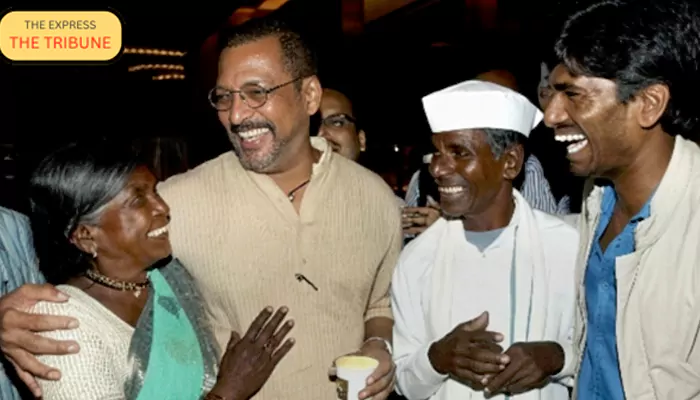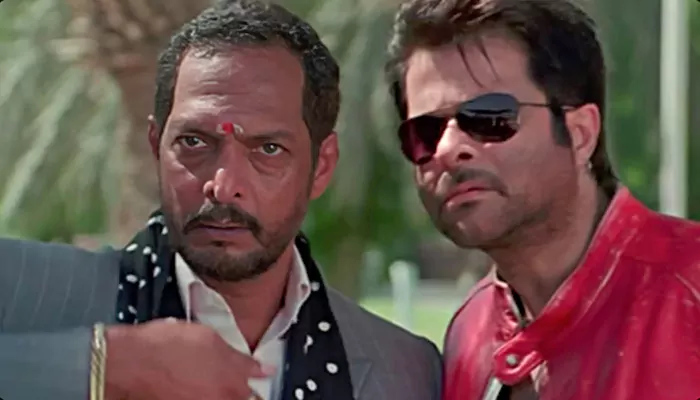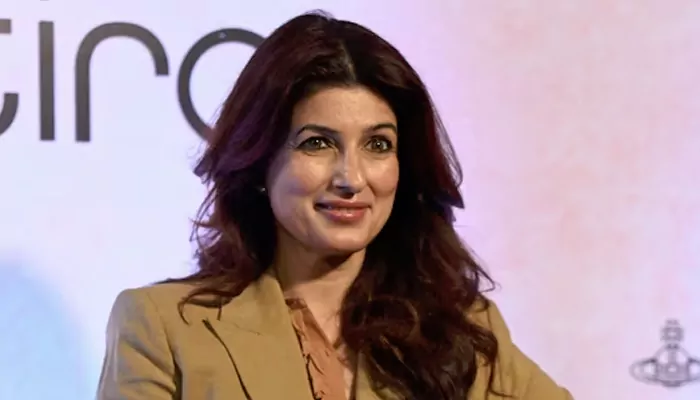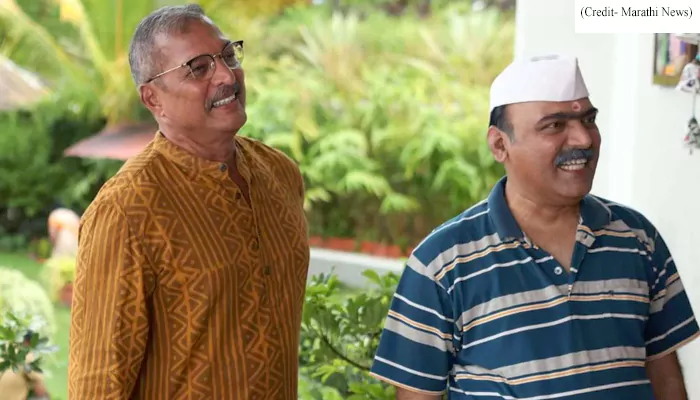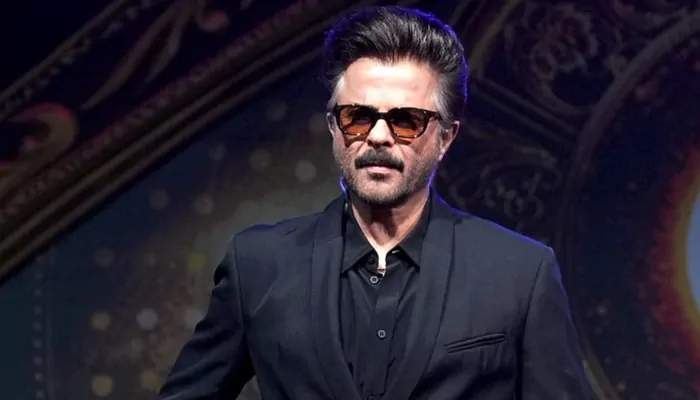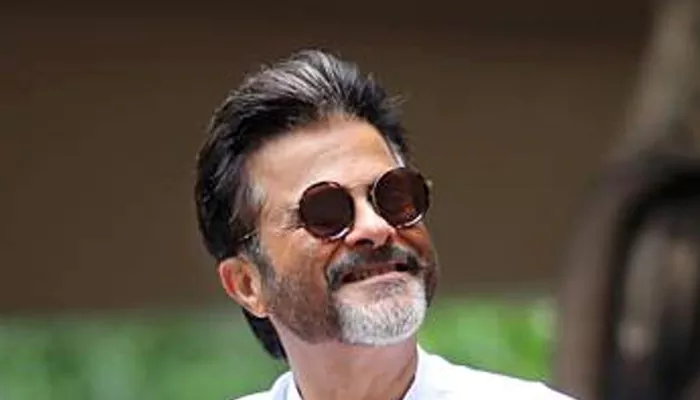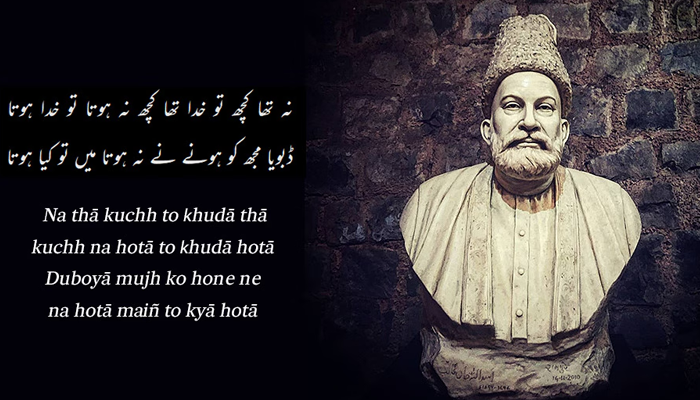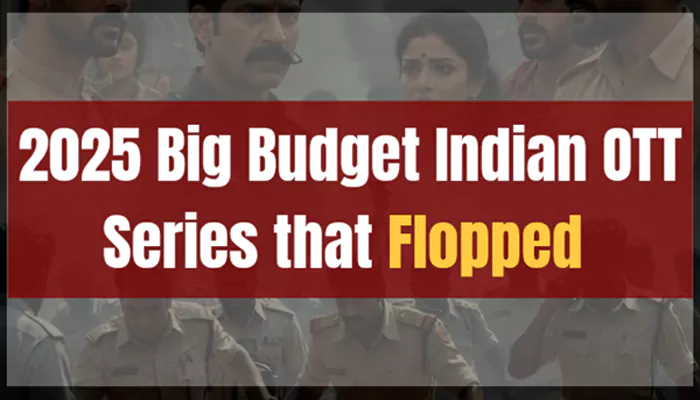Celebrating World Radio Day: Did You Know All India Radio Banned Bollywood Songs In 1952 For ‘Ruining Young Generation'?
- Admin
- 1 year ago
- 4 minutes read

The ban ended in 1957 with the launch of Vividh Bharti.
"We must make (ourselves) familiar with our traditional music," remarked BV Keskar, the then Minister of Information and Broadcasting, about imposing a ban on Hindi film music at AIR.
Radio is the theatre of the mind, and no matter how engrossed we currently are in the visual mode of entertainment, the spellbinding charm of radio still refuses to fade. The enchanting joy of listening to your favorite RJs for hours, the allure of stumbling upon a beloved song all of a sudden, and the thrill of calling a radio station and requesting a song for your loved one - aaah! Nothing can ever replace radio, because it's simply one of its kind. And World Radio Day, celebrated worldwide on February 13 every year, is a homage to the beauty of the radio.
"All we hear is radio ga ga, Radio goo goo
Radio ga ga
All we hear is radio ga ga, Radio blah blah
Radio, what's new?
Radio, someone still loves you"
- Radio Ga Ga (a song by Queen)

Well, think about radio in India, and the first name to come to your mind would be All India Radio (Akashvani), which has been in service since 1936. Today, on the occasion of World Radio Day, we share an interesting fact about All India Radio that you probably did not know.
When All India Radio Banned Bollywood Songs For ‘Ruining Young Generation'
Back in 1952, All India Radio imposed a ban on Bollywood songs saying they were 'degenerate' and 'westernized'.
B.V. Keskar, the minister of information and broadcasting (I&B) of newly independent India, believed Indians needed a dose of homegrown classical music. He argued that the appreciation of classical music had “fallen” and was “on the point of extinction,” and the popularity of film music "was ruining the younger generation as they were being influenced by non-Indian elements".
"We must make (ourselves) familiar with our traditional music," he added.

Radio historian David Lelyveld wrote in 'Upon The Subdominant: Administering Music On All-India Radio', "The lyrics, aside from being in Urdu, were generally ‘erotic’... there was a rise in the use of Western instruments and Western melodies in the songs, which Keskar identified with a lower stage of human evolution."
Keskar declared that all songs aired on AIR would be screened by the organization. For example, songs like "Mur Mur Ke Na Dekh" (Shree 420) and "Tadbeer Se Bigdi Hui Taqdeer Bana Le" (Baazi) would not pass the test as they featured either Western music elements or instruments. Only the songs made in a completely desi style and instruments would qualify to be played on AIR.

Moreover, Keskar said that if a film song is played on the radio, only the singer's name would be announced and not the film's title, as AIR would not advertise for films.
It is worth noting that the event was recently recounted in a fictional manner in the Amazon Prime Video show 'Jubilee'.
How Radio Ceylon Became Popular In India
All India Radio's ban on Hindi film music paved the way for Radio Ceylon to gain its listeners in India. The Sri Lanka-based radio station, which had started its Hindi music station just a few years ago, became enormously popular among the masses in India.
As Ameen Sayani (the legendary radio announcer at Radio Ceylon) shared in an interview in 2012, "Radio Ceylon was at the right place and the right time. They (Radio Ceylon) knew that All India Radio had banned film music. So, the decision to start a Hindi service then must have been deliberate."

Seeing Radio Ceylon's increasing popularity among Indians, AIR finally ended the ban on Hindi film music in 1957 with the launch of Vividh Bharti.
So, how are you planning to celebrate the World Radio Day?

